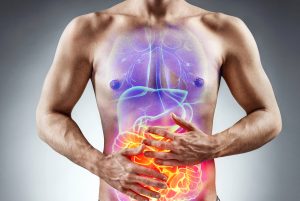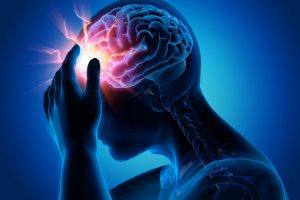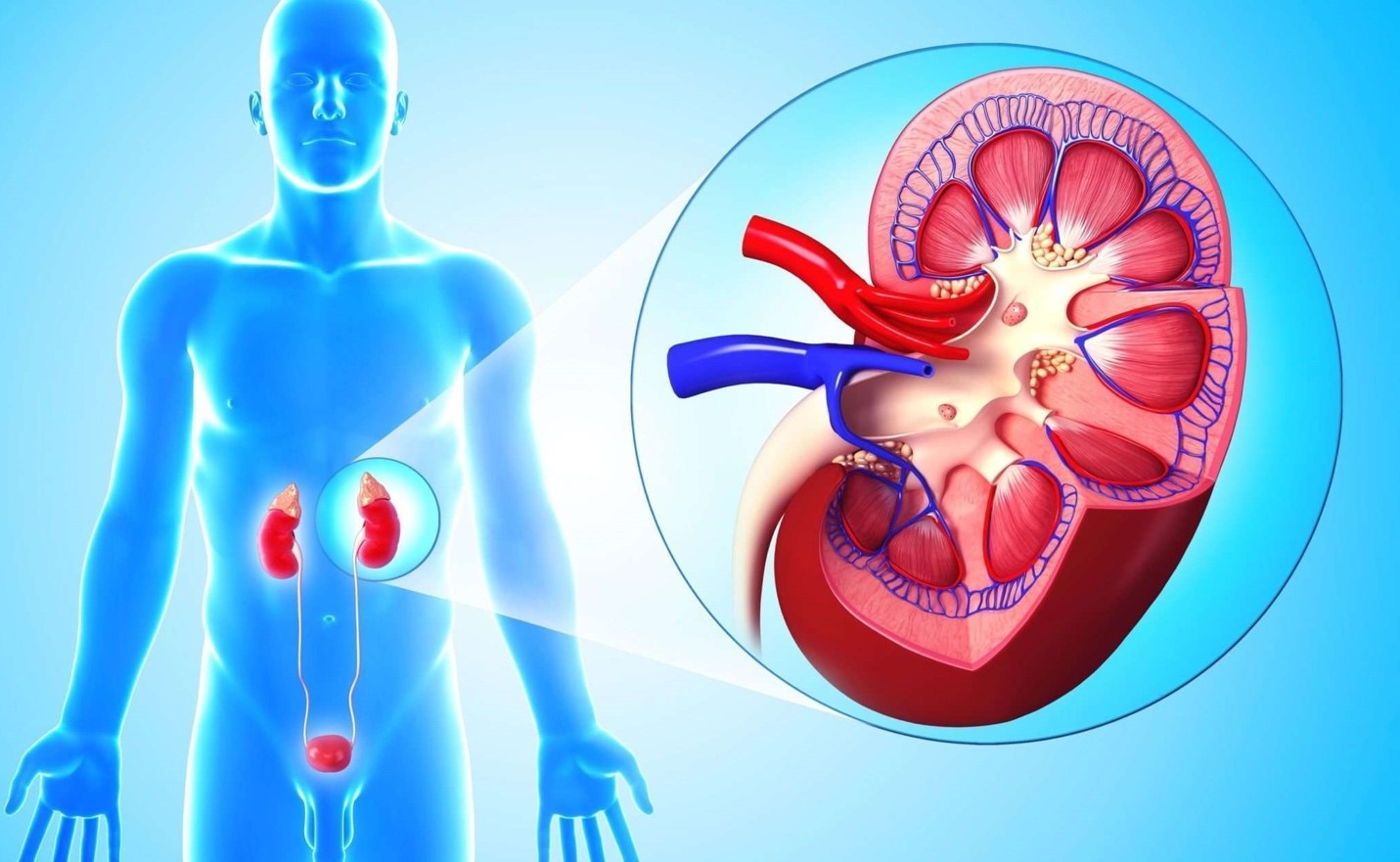First, let’s figure out what psychosomatic diseases are. These are diseases or painful conditions in the formation of which emotional factors play a key role. The impetus for their development is usually stress, internal conflicts, tension. Such diseases are also said to be “on the basis of nerves.”
Psychosomatic illnesses have very real physical symptoms.
The complexity of the treatment of these diseases is that it is impossible to cope with them only by traditional methods. Medicines can improve the condition, but the psychological problem has not yet been resolved, the likelihood of relapse is high.
Therefore, the most effective approach to psychosomatic illnesses is to work on the problem with a psychotherapist concurrently with treatment.
Psychosomatic illnesses include:
ischemic heart disease and hypertension
peptic ulcer and duodenal ulcer and chronic ulcerative colitis
bronchial asthma and vasomotor rhinitis
diabetes mellitus and thyrotoxicosis, obesity
rheumatoid arthritis
migraine
neurodermatitis, eczema and psoriasis
prone to injury
Increasingly, they talk about the role of emotions in the onset and course of certain cancers.
Psychosomatic disorders of neurotic origin include:
Vegetative disorders, manifested by dizziness, nausea, increased or decreased blood pressure, sweating, pale or reddening of the skin, palpitations. Most often, such conditions are diagnosed as vegetative-vascular dystonia or neurocirculatory dystonia.
aerophagia (swallowing air and belching with air)
hyperventilation (or a symptom of insufficient inspiration)
neurotic gastropathy (pain in the stomach), impaired motor function of the stomach
neurotic cardiopathy (pain in the region of the heart, provoked by fear of heart disease)
irritable bowel syndrome
neurogenic bladder – psychologically caused frequent urination.
How to treat?
Various types of psychotherapy are used to treat psychosomatic illnesses. Immediately it should be stipulated that depending on the disease, psychotherapy can be more or less effective. That is, in a number of cases, psychotherapy can be used as one of the methods in complex treatment, along with treatment with pharmacological drugs, or as the main and, less often, the only and best method.
With ischemic heart disease and hypertension, psychotherapy is used exclusively as a symptomatic remedy, allowing you to lower blood pressure, reduce cardiac pain or relieve fear of repeated pain. Hypnosis and some types of behavioral therapy are best suited for this purpose.
In the treatment of gastric ulcer and nonspecific colitis, the same methods are used, but their effectiveness in this case is much higher: in some cases, it is possible to achieve a complete cure of the ulcer and prevent relapse.
In the treatment of bronchial asthma, hypnosis (traditional and modern), NLP techniques and linear time therapy, behavioral therapy, gel state therapy are used. In some cases, it is possible to achieve a significant improvement in the condition and prevention of relapse of the disease.
Vasomotor rhinitis can be completely treated with psychotherapy. Hypnosis is especially effective here.
In the treatment of diabetes mellitus, psychotherapy occupies a subordinate position, but, as in thyrotoxicosis, (in which its effectiveness is much higher), psychotherapy can be used in complex therapy along with drug treatment. Here, even more often and more successfully than other methods, hypnosis techniques are used.
In the treatment of overeating and excess weight, in some cases, psychotherapy can act as the only or main method of treatment. In this area, hypnotherapy, NLP, linear time therapy, behavioral therapy, cognitive therapy, and positive psychotherapy have proven to be the most effective methods.
In the treatment of migraines, different types of behavioral therapy and hypnosis are used more often and with the greatest effect. In some cases, it is possible to achieve a decrease or complete disappearance of migraine attacks.
In rheumatoid arthritis, psychotherapeutic assistance is exclusively symptomatic and comes down to self-help training to reduce pain and other signs of joint inflammation, as well as to correct some personal attitudes. Hypnosis and cognitive therapy are used.
Treatment of skin diseases such as psoriasis, neurodermatitis and eczema with psychotherapeutic methods is effective to varying degrees. Sometimes it is possible to achieve a stable remission of the disease and teach how to prevent relapses, sometimes – only to reduce itching or the number of eruptive elements. Methods used here: hypnosis, symbol drama, image therapy, some types of behavioral psychotherapy.
Trauma tendencies are treated with hypnosis https://en.wikipedia.org/wiki/Hypnosis and various types of psychodynamic psychotherapy, including psychoanalysis.
Psychotherapeutic assistance for oncological diseases is purely symptomatic and comes down to reducing pain, correcting personal attitudes and reducing symptoms of intoxication. Here hypnosis, figurative techniques (for example, the Simonton technique), Rogers’ non-directive therapy, gelstat therapy, existential therapy are used.
In the treatment of psychosomatic disorders within the framework of neuroses, all types of psychotherapy are used and here their effectiveness is equally high, since they were created primarily for the treatment of precisely these conditions.



